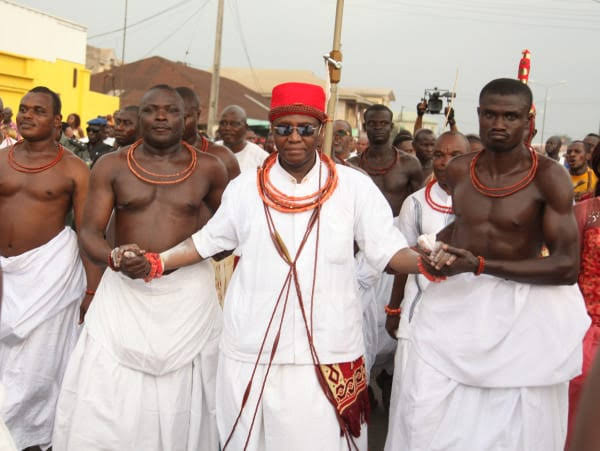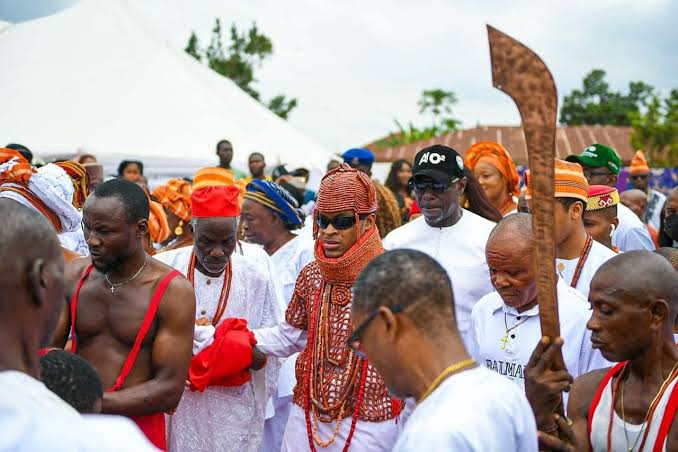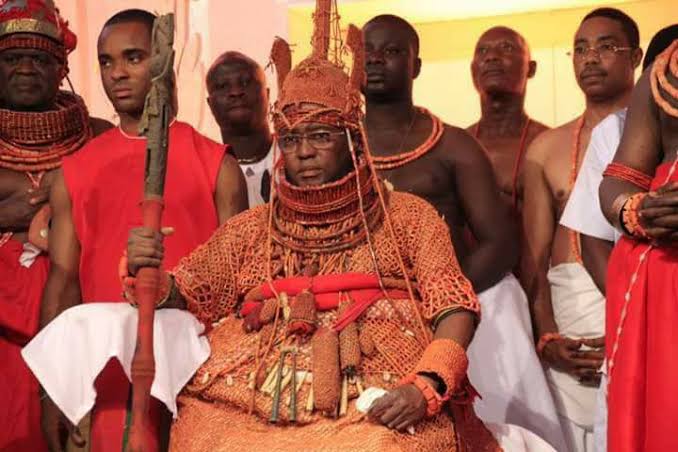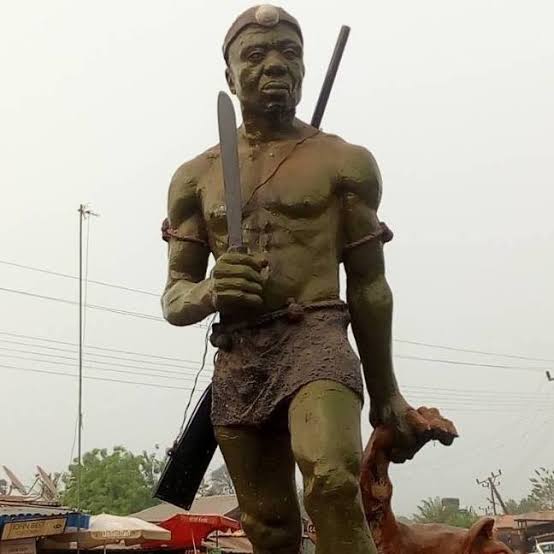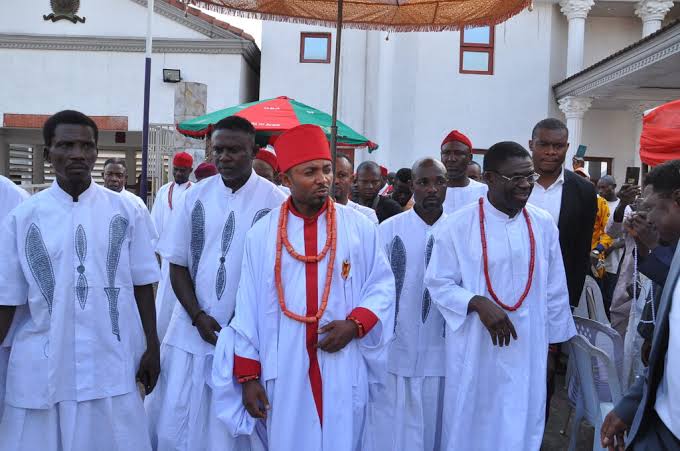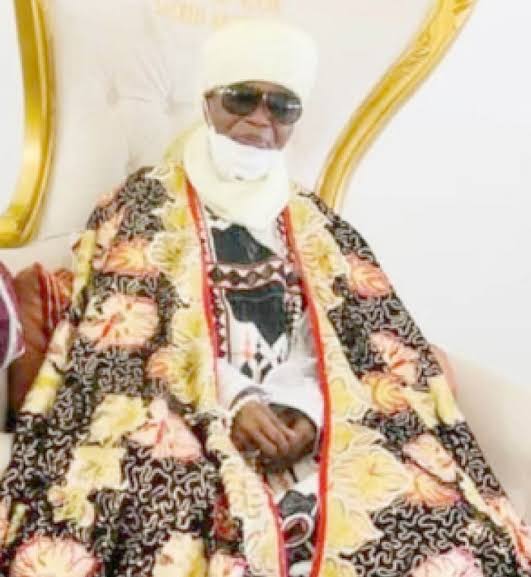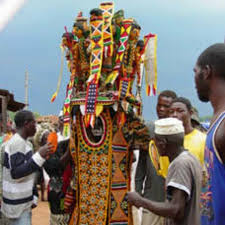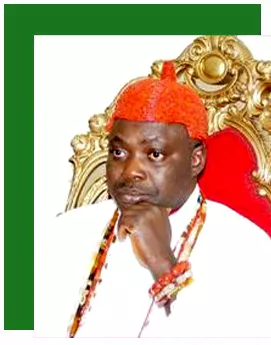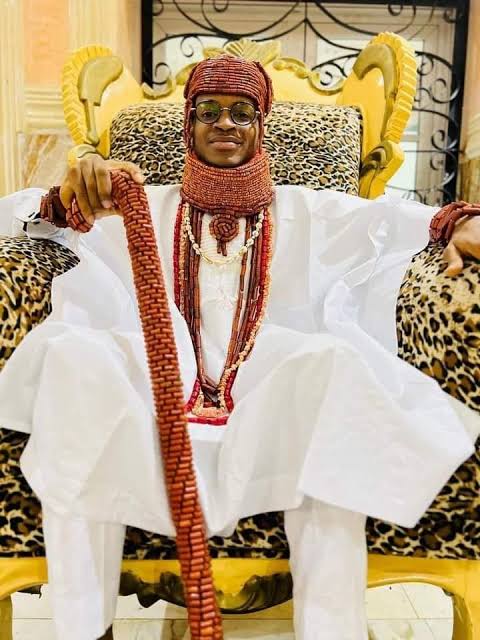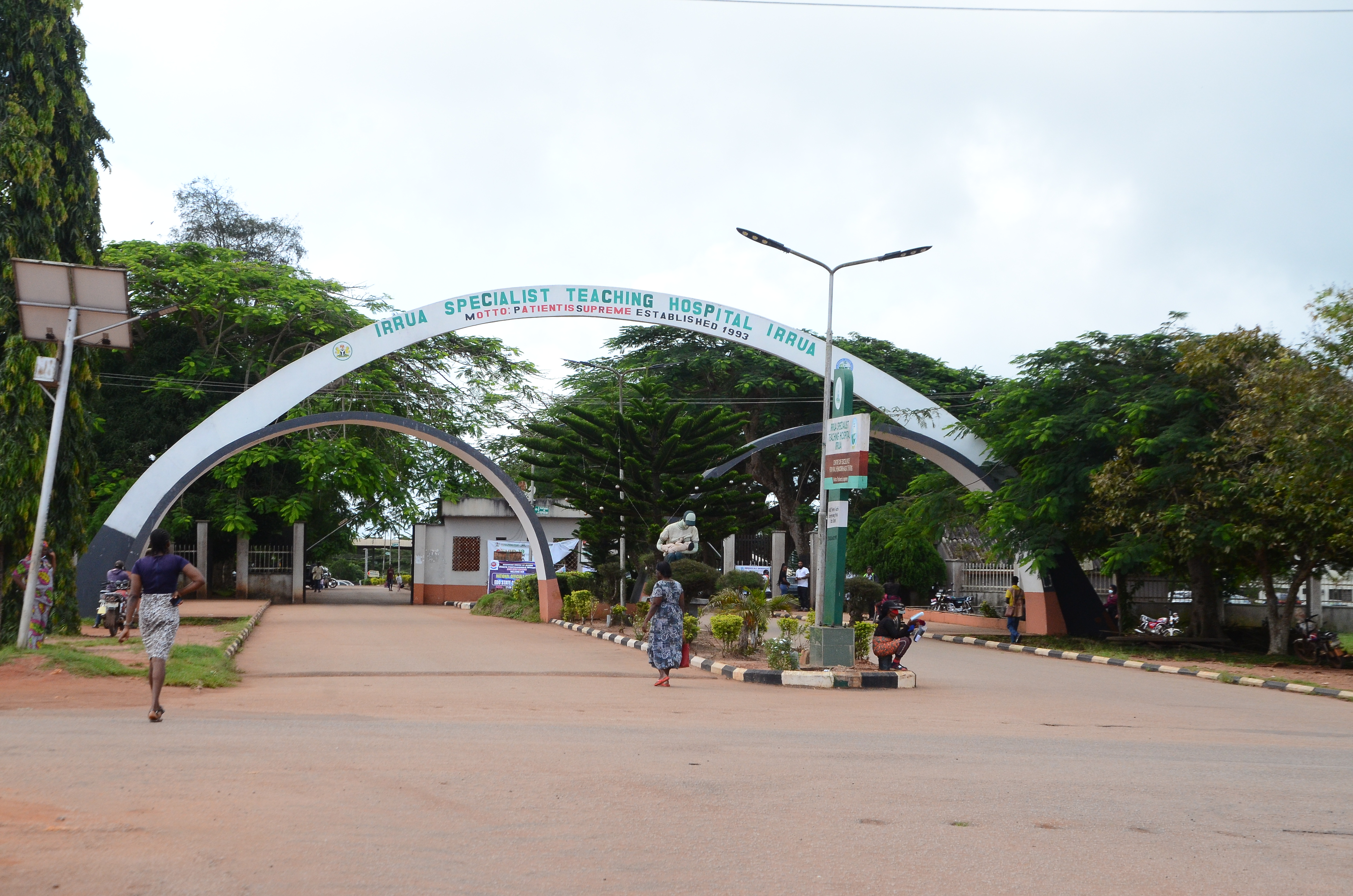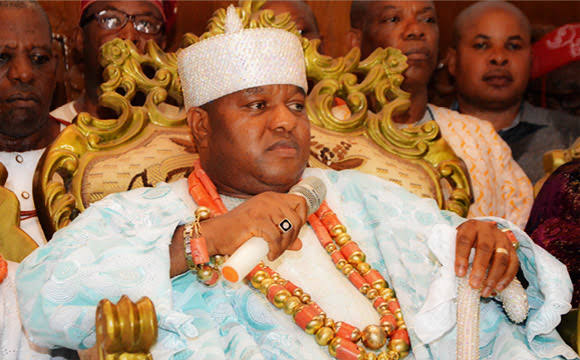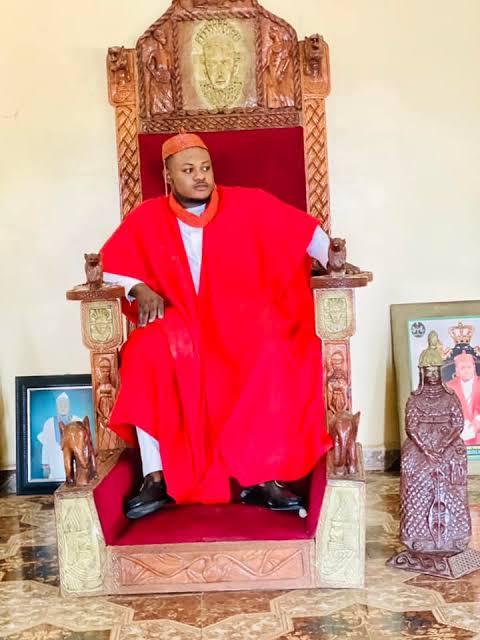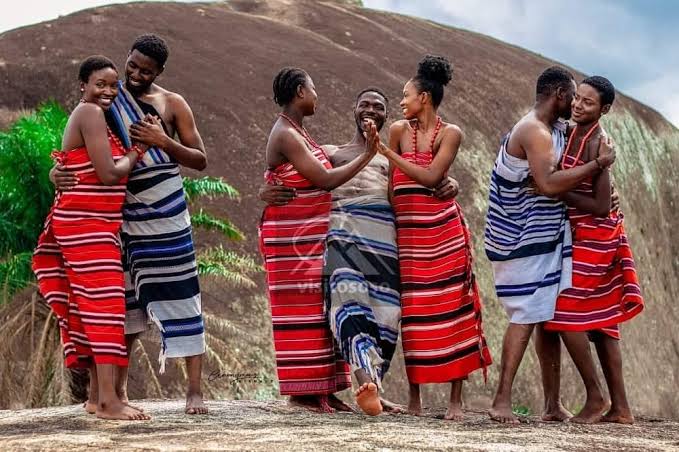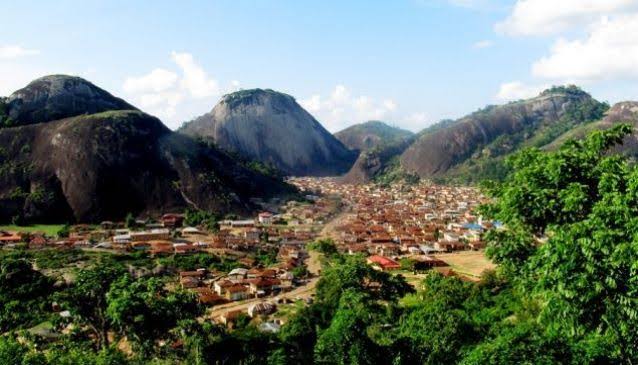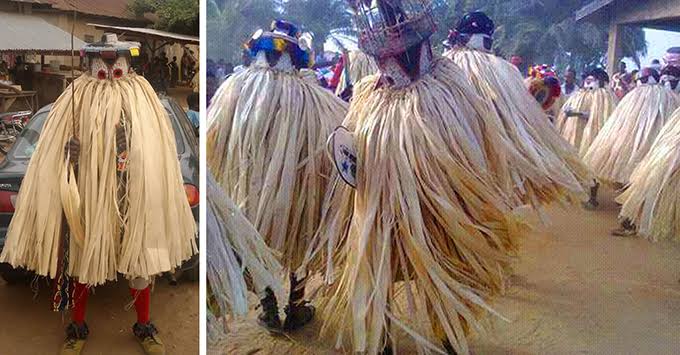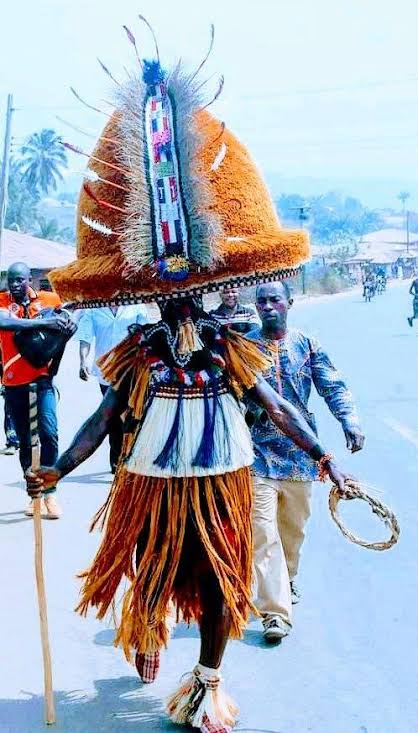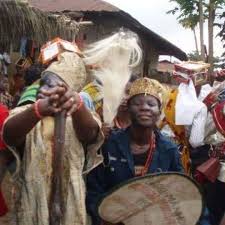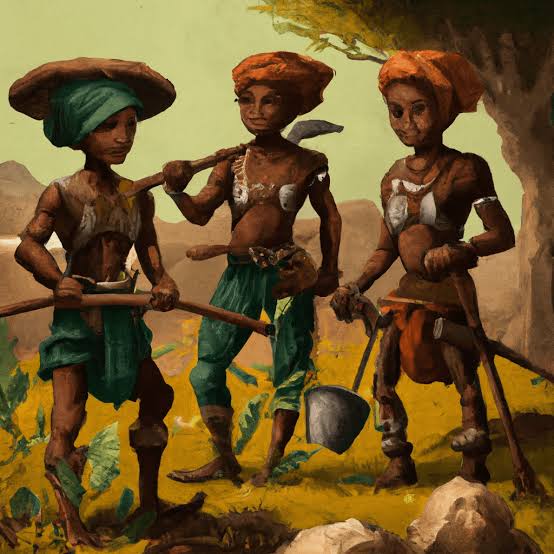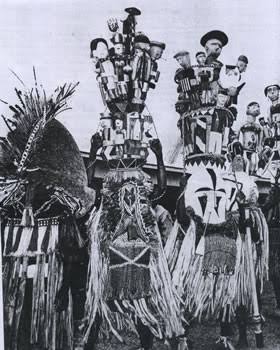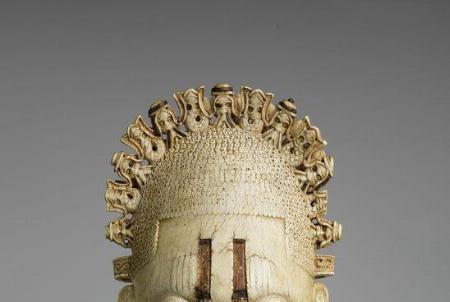Akoko-Edo Kingdom
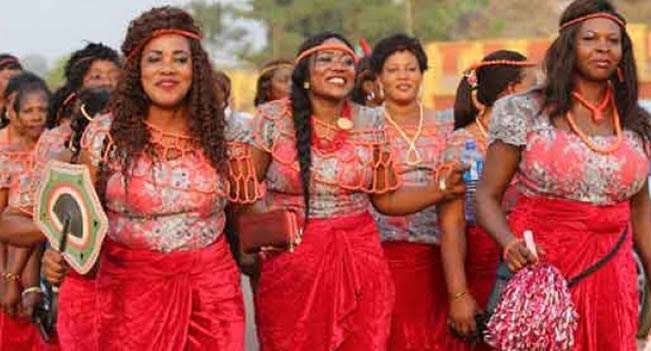
Description
The Akoko-Edo Kingdoms are located in the northern part of Edo State, Nigeria, and are among the oldest settlements in the region. The people of Akoko-Edo, often referred to as the Akoko-Edo or simply Akoko people, have a rich history and diverse cultural heritage. The area is known for its mountainous terrain, rich natural resources, and a complex history of migrations and cultural exchanges with neighboring ethnic groups.
Historical Overview
The history of the Akoko-Edo people is believed to date back several centuries, with traditions suggesting that they migrated from different parts of West Africa, including the ancient Benin Kingdom, Ile-Ife, and even regions beyond present-day Nigeria. This migration was driven by various factors, including wars, the search for fertile land, and trade opportunities.
The Akoko-Edo area became a melting pot of cultures due to the interactions between various groups, including the Yoruba, Nupe, Ebira, and the Edo-speaking peoples. This blend of cultures contributed to the diversity seen in the customs, languages, and traditions of the Akoko-Edo people.
Key Akoko-Edo Kingdoms and Clans
The Akoko-Edo region is made up of several autonomous communities, each with its own traditional ruler and governance system. Some of the prominent kingdoms and clans within Akoko-Edo include:
1. Igarra (Etuno) Kingdom:
Igarra, also known as Etuno, is one of the largest and most significant communities in Akoko-Edo. It is known for its rich cultural heritage and historical significance. The Otaru of Igarra is the traditional ruler and a central figure in the cultural and political life of the community.
2. Somorika Kingdom:
Somorika is another important kingdom in Akoko-Edo, situated in a mountainous area. The people of Somorika are known for their distinct cultural practices, including traditional festivals and rituals that are deeply rooted in their history.
Ibillo Kingdom:
Ibillo is a significant community within Akoko-Edo, known for its strategic location and vibrant cultural life. The Onibillo of Ibillo is the traditional ruler, playing a crucial role in maintaining the cultural identity of the people.
4. Ososo Kingdom:
Ososo is a notable kingdom in the Akoko-Edo region, famous for its scenic landscapes and tourism potential. The Olososo of Ososo is the traditional leader, and the community is known for its festivals, particularly those that celebrate the natural environment and agricultural practices.
5. Lampese Kingdom:
Lampese is another key community in Akoko-Edo, with a rich history of trade and cultural exchange due to its proximity to other regions. The ruler of Lampese holds significant influence over local traditions and cultural events.
Political Structure
The political structure in the Akoko-Edo Kingdoms is based on a traditional system of governance, where each community is led by a king or chief. The titles of these rulers vary between the different communities, with common titles including Otaru, Olososo, Onibillo, and Okao. These traditional rulers are often chosen from royal families and their authority is hereditary, though the specific rules of succession can differ from one kingdom to another.
The traditional rulers in Akoko-Edo hold significant authority within their communities, overseeing matters such as land ownership, dispute resolution, cultural practices, and religious observances. They are supported by councils of elders, who provide advice and help manage the day-to-day affairs of the community.
Cultural Practices
The Akoko-Edo people have a rich cultural heritage that includes traditional music, dance, festivals, and religious practices. Some of the key cultural practices include:
Igugu Festival: This is one of the most important festivals celebrated in Igarra and other parts of Akoko-Edo. The Igugu Festival involves traditional dances, masquerades, and rituals that honor the ancestors and celebrate the harvest season.
New Yam Festival: Similar to many other parts of Nigeria, the New Yam Festival is an important cultural event in Akoko-Edo. It marks the beginning of the yam harvest season and is celebrated with feasting, dances, and community gatherings.
Ekuochi Masquerade: The Ekuochi masquerade is a significant cultural event in several Akoko-Edo communities, particularly in Ososo. It is performed during major festivals and serves both as entertainment and a spiritual practice that connects the people with their ancestors.
Traditional religion in Akoko-Edo involves the worship of various deities, spirits, and ancestors, with each community having its own pantheon of gods and sacred sites. However, Christianity and Islam have also become prominent in the region, particularly in the more urbanized areas.
Modern-Day Akoko-Edo Kingdoms
Today, the Akoko-Edo Kingdoms continue to play a significant role in the cultural and social life of Edo State. While the role of traditional rulers has evolved with the advent of modern governance structures, these rulers still hold considerable influence in cultural and community matters.The region is also known for its agricultural activities, with farming being the primary occupation of the people. Akoko-Edo is rich in natural resources, including limestone and other minerals, which have the potential for economic development. Additionally, the scenic landscapes of places like Ososo have made the region a growing destination for tourism.
References
1.Ikhidero, B. I. (1994). History and Culture of Akoko-Edo People.This book provides a comprehensive history of the Akoko-Edo people, exploring their origins, migrations, and cultural practices.
2.Aghayere, V. O. (2005). Traditional Rulers and Governance in Nigeria: A Study of Akoko-Edo Local Government Area of Edo State.This work examines the role of traditional rulers in modern governance, with a focus on the Akoko-Edo region.
3. Eweka, E. B. (1992). The Evolution of Benin Kingdom.While primarily about the Benin Kingdom, this book also provides valuable insights into the broader Edo-speaking groups, including the Akoko-Edo people, offering context for their historical development.
4. Oseni, Z. I. (1990). The Culture of Akoko-Edo People: A Sociological Study.This book offers a detailed analysis of the cultural practices, social structures, and traditional beliefs of the Akoko-Edo people.

Related Content
Opdwodowkdwiidwok djwkqdwqofhjqwlsqj jfkmclasdkjfjewlfjkwkdjoiqw fnedkwdkowfwhi jiowjiowhfiwkj rohriowjropwjrofwjrijeiwo edostatearchives.org
Opdwodowkdwiidwok djwkqdwqofhjqwlsqj jfkmclasdkjfjewlfjkwkdjoiqw fnedkwdkowfwhi jiowjiowhfiwkj rohriowjropwjrofwjrijeiwo edostatearchives.org
.png)
.png)
